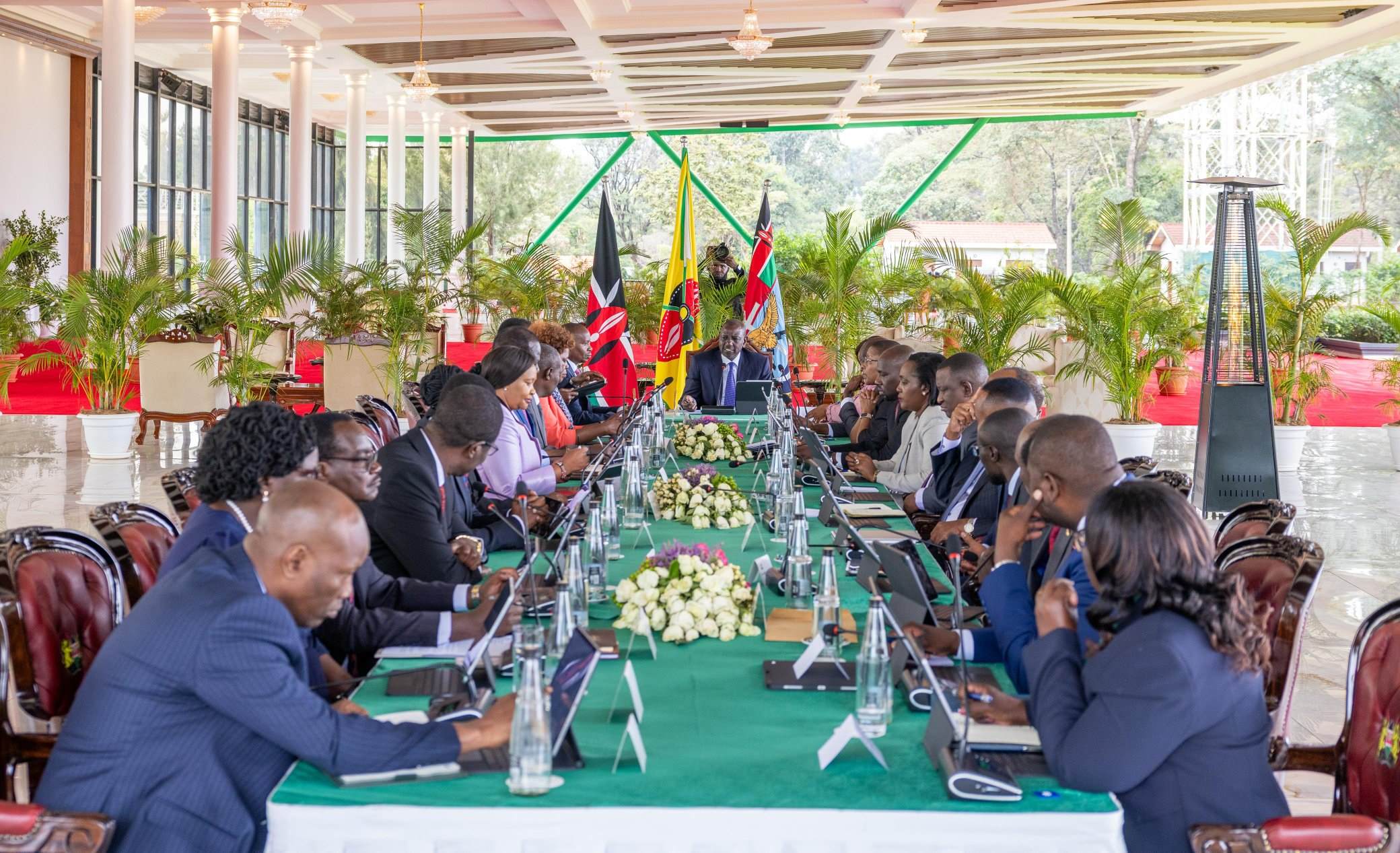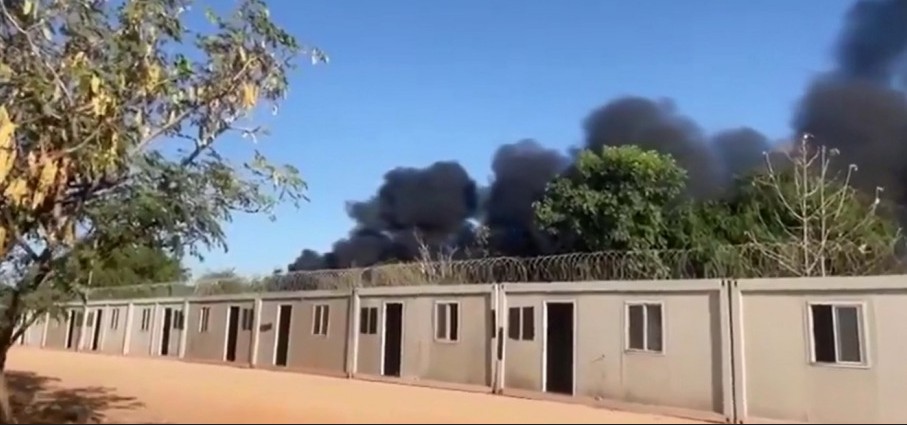Kilifi's Kidutani squatters win legal battle to retain land allocated over four decades ago

The squatters feared that re-opening the settlement process would rob them of their rightful land, especially since they had received allotment letters after the 1980 adjudication.
The Malindi High Court has ruled that the Ministry of Lands cannot reduce the size of land allocated to 177 squatters at Kidutani in Mtwapa, Kilifi County, despite a planned fresh land adjudication process that had sparked controversy.
In the ruling, Justice Mwangi Njoroge directed that the land measurements as assigned during the 1980 adjudication process must remain unchanged for the affected squatters. He also allowed the government’s plan to continue a new land settlement exercise, but warned that squatters should not lose their original land rights.
More To Read
- Jomvu MP Badi Twalib among 500 beneficiaries as Mombasa's Miritini squatters get title deeds
- Mombasa Governor Abdulswamad Nassir calls for unity to solve land crisis
- Concerns over slow pace of community land registration in Kenya
- Legal gap leaves National Land Commission powerless to recover grabbed public land
- Isiolo residents demand justice in military land disputes
- State to buy land from absentee Coast landlords to resettle squatters, Ruto says
"A strange twist of events, this court has found that though the petitioner's rights have been violated or are under threat, the bulk of the prayers sought cannot be issued," said Justice Njoroge.
The ruling followed a petition filed in 2022 by the squatters, led by Rumba Matano Beja, who opposed the government's move to create a fresh land adjudication committee.
They argued that the land had already been demarcated and allocated over four decades ago.
The squatters feared that re-opening the settlement process would rob them of their rightful land, especially since they had received allotment letters after the 1980 adjudication. They sought court orders to stop the government's move, which they claimed undermined their expectations of receiving title deeds.
"After that land adjudication in 1980, we were issued letters of allotment, and we expect to be issued with title deeds as a right to property," said Beja.
While the court declined to stop the new adjudication altogether, Justice Njoroge ruled that the 177 plots, including public utility spaces marked in 1980, must be retained during the new process.
“The adjudication on this land will apply to the 177 plots, including the public utility, which were demarcated in 1980 under the stalled 1980 settlements process,” he stated.
He further directed the Ministry of Lands to refer to the original 1980 minutes of adjudication to ensure accuracy and fairness in the ongoing process. The judge also stopped the government from repossessing the land previously allocated to the squatters.
The squatters’ lawyer, Richard Ngare, told the court that despite their 1980 allotments, government officials had made fresh attempts to take away the plots. He said the conflict stemmed from interference by provincial administrators who had tried to invalidate the allotment letters.
The court was told that efforts to declare the documents null and void had led to meetings aimed at settling other people on the same land, sparking resistance from the original claimants. Squatters claimed these moves caused tension and clashes with law enforcement.
“We have evidence that two public meetings have been convened in which they tried to claim there were other squatters who are supposed to be settled on the land,” said Beja.
They further alleged that some portions of their land had been targeted for sale, prompting protests to stop land-grabbing efforts.
Despite the judge’s go-ahead for the new settlement process, his ruling makes it clear that the land rights of those allocated plots in 1980 must be upheld during the exercise.
Top Stories Today













































